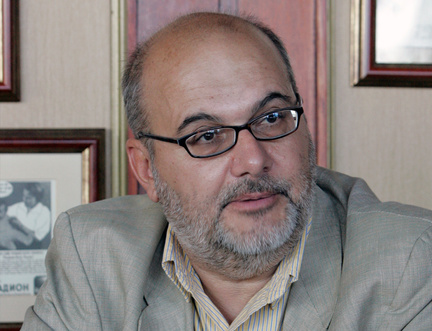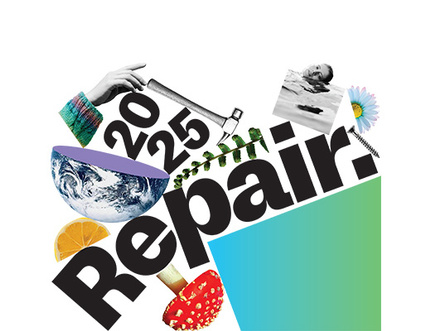More articles Thursday 15 August 2019 1:30pm
Branko Milanovic: “The state, when it wants to use its power, tends to be stronger than any company”

The economist was discussing his latest book, Capitalism, Alone, with former UK Prime Minister Gordon Brown.
“The state, when it wants to use its power, tends to be stronger than any company. The question is actually whether in some cases the state wants to use it,” according to Branko Milanovic, who appeared at the Edinburgh International Book Festival last night.
“If you go back to the 1970s, there was always this discussion of multinational corporations and how they are going to rule the world and how the nation state would become less and less important,” Milanovic said. “And I’m not saying that it may not happen. But when we have a collusion between the power of the state and the power of very powerful companies, you see that collusion is still working really in the favour of the state.
Milanovic was speaking on globalisation, a phenomenon he claims is unprecedented.
“We will have more of the global middle class. But that global middle class has no political framework within which to express itself. So we have what is in theory considered a large bulk of people who are very important for political stability, but that large bulk of people… will come from different parts of the world but without a political framework within which they can express themselves.
“While the global middle class is appearing on the world stage, the national middle class are being hollowed out. So we have two contradictory movements.”
Part of globalisation, Milanovic said, was a narrowing of inequality between rich and poor nations;
“It was really being English or British or Scottish that gave you this advantage that is now being eroded, and I’m not saying it in a negative sort of way because we’re now having convergence, but that advantage is now being eroded.”
He discussed the backlash against this convergence by some western politicians, in particular Donald Trump’s threats of a trade war with China. “I don’t think it’s actually [a] sustainable or realistic solution,” he said.
Globalisation in the context of climate change was also brought up, with Milanovic claiming that the separation of the global economic system and the global political situation makes effectively reducing emissions challenging.
“The greater generators of CO2 emissions and climate change are not only rich countries but rich people, because when you look at consumption patterns… the people who are rich are generating most of the emission.
“Negotiations are conducted at the level of the nation state,” he added. “But the emissions are really individual emissions so we have also a kind of inability to go after individuals because, if we wanted to do that, we would need to have a global system of taxation.”

 Full 2025 Book Festival programme is announced with key theme of Repair
Full 2025 Book Festival programme is announced with key theme of Repair 

